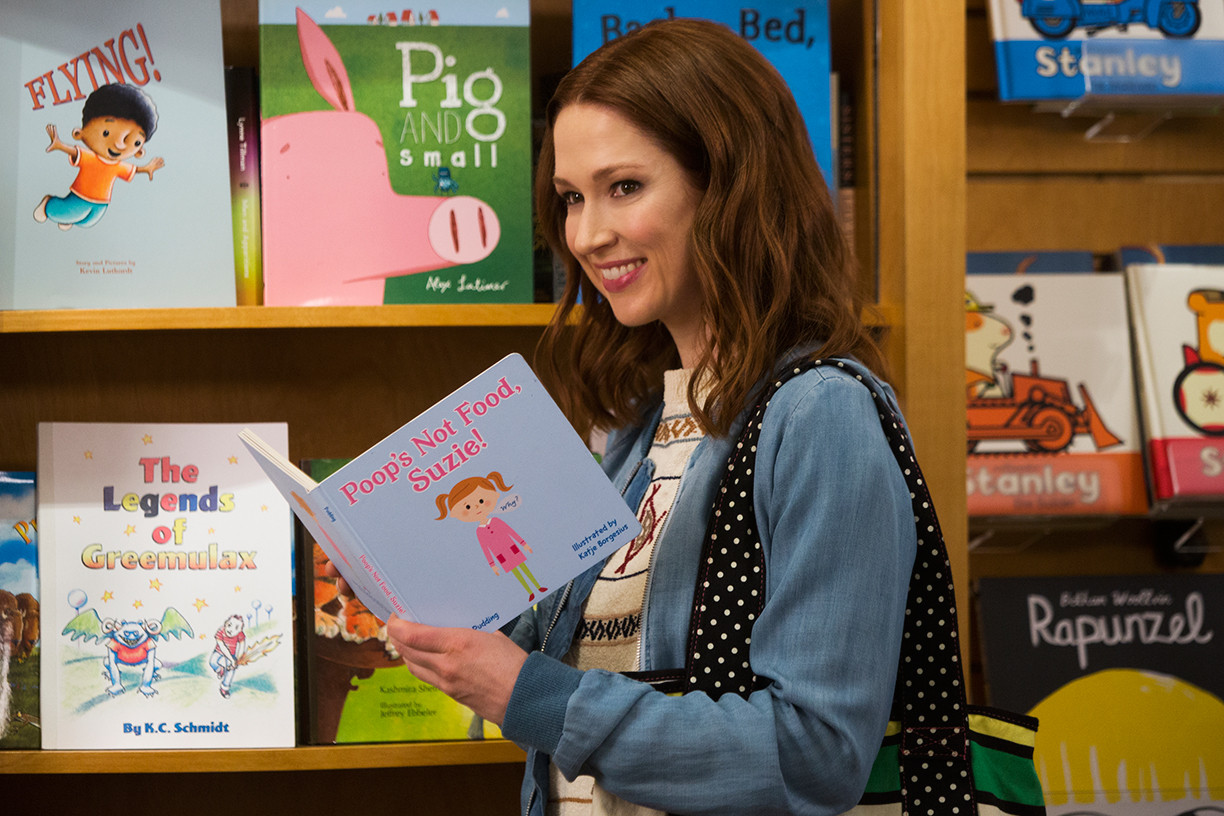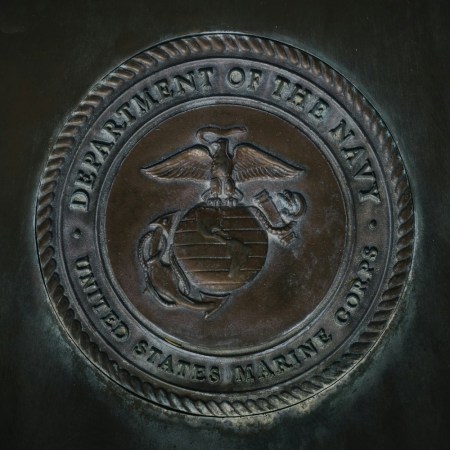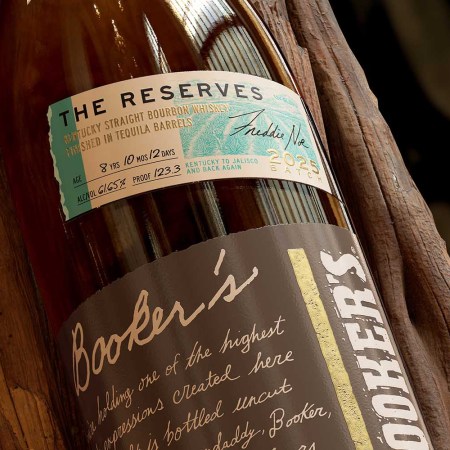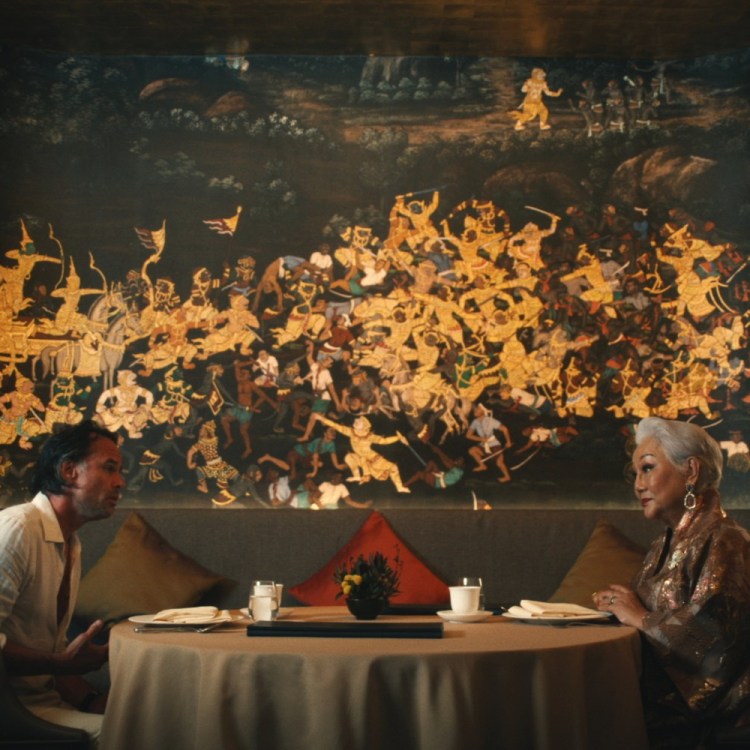The term “sitcom” has always been a pretty broad one; short for “situation comedy,” it can refer to any TV comedy in which a fixed set of characters who carry over from episode to episode exist within some sort of…well, situation.
What exactly that situation is, of course, varies: sometimes it’s a family unit, sometimes it’s a workplace, and sometimes it’s nothing. But beyond that, there’s usually a typical style and a series of tropes present in what we’ve come to consider sitcoms, including a multi-camera set-up and a live studio audience or a laugh track to help us find the punchlines.
In recent years, however — especially in the past decade or so as TV comedy has largely drifted away from the traditional sitcom format, shifting instead to more highbrow, artsy dramedies — the term has become largely meaningless. The latest proof of that comes in the form of a new list by Rolling Stone highlighting the “100 Best Sitcoms of All Time.“
The list includes plenty of the usual suspects one would expect to see — Seinfeld, Cheers, The Cosby Show, All in the Family — but it also includes plenty of head-scratchers. Is a moody, high-concept auteur series like Louie really a sitcom? (We should note that by including Louie and The Cosby Show, both the work of sex offenders, the publication was also making a clear statement about separating art from the artist.) Do animated shows like The Simpsons and BoJack Horseman fit the bill? And can we really call a show like It’s Always Sunny in Philadelphia, which so frequently parodies popular sitcom tropes, a sitcom if it’s more meta than that?
To their credit, Rolling Stone more or less admitted in the intro to their list that their definition of “sitcom” was loose, to say the least.
“To choose the 100 greatest sitcoms ever, we first had to decide how to define the term,” they wrote. “Sketch comedies were out, from the explicit, like Saturday Night Live and The Muppet Show, to the more ambiguous, such as The Rocky and Bullwinkle Show. Ditto comedy-drama hybrids that ran around an hour — Freaks and Geeks, say, or Crazy Ex-Girlfriend. Half-hour dramedies presented a blurrier picture; we took those on a case-by-case basis, applying our own version of Supreme Court Justice Potter Stewart’s famous definition of obscenity: ‘I know it when I see it.’
They add: “Where Enlightened and The Wonder Years seemed to fall just too far over the drama side of the line, for example, Atlanta and Better Things had enough comedy to qualify.”
You can check out their complete list of the 100 Best Sitcoms and judge for yourself whether all their picks qualify here.
Thanks for reading InsideHook. Sign up for our daily newsletter and be in the know.

















